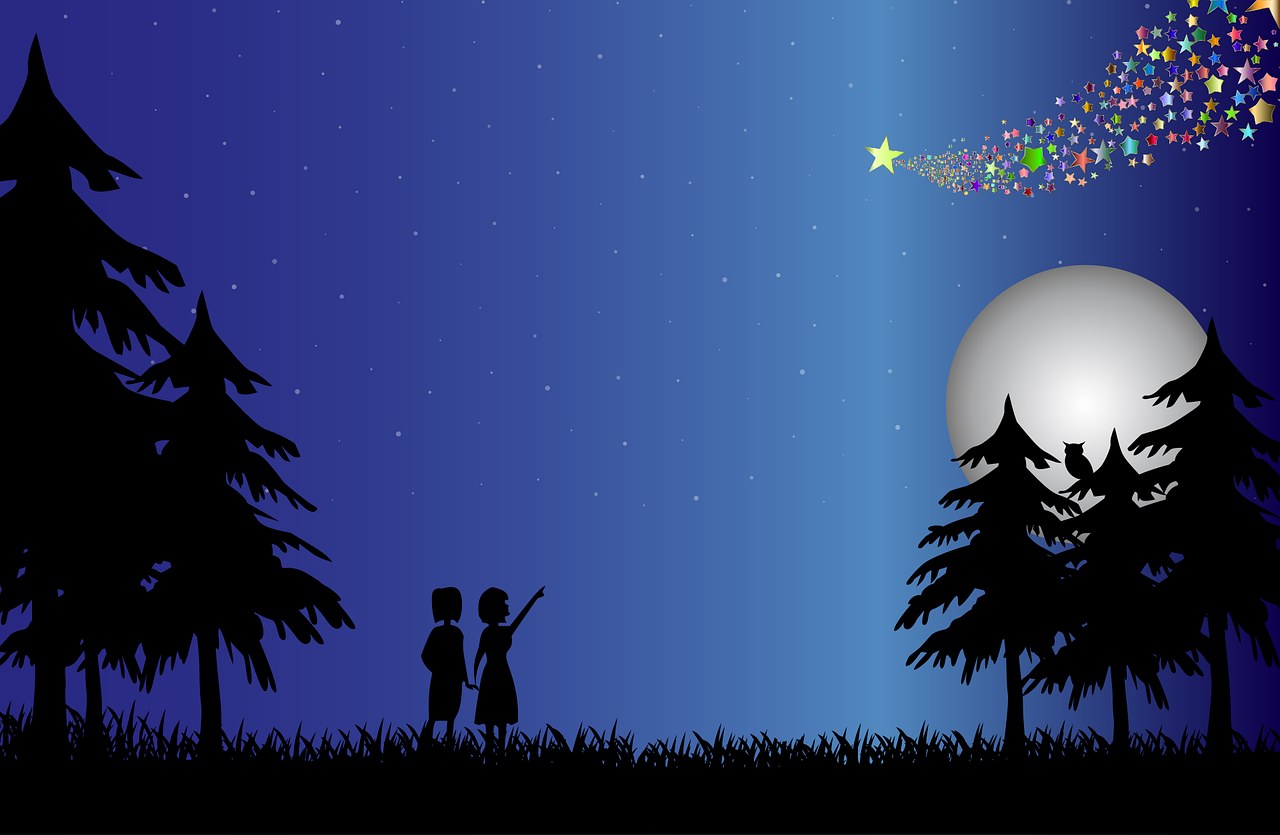You’ve been seeing someone and, out of nowhere, the spark feels dimmer. Messages arrive later than usual, conversations trail off, and the rhythm you had starts to wobble. You ask yourself the question nobody enjoys-are you being ghosted or are you simply dealing with real-life busyness? Because silence can wear many disguises, it helps to sort early hints from the unmistakable signs, and to understand why people retreat without a word. This guide reframes the same core ideas you may have heard-yet with clearer structure and fresh language-so you can tell when someone is slipping away and decide what to do with your energy.
The slow drift – early hints someone is preparing to disappear
You always initiate contact. When interest is mutual, both people reach out. If you notice you are the one pinging first every single time, you may not be fully ghosted yet, but the imbalance is a clue. Even courteous replies can mask disengagement when the effort only travels one way.
Replies shrink to one-liners. At the start, you traded stories and jokes; now you get “lol,” “maybe,” or “idk.” Brevity isn’t inherently rude, but consistently clipped answers show a retreat from connection-an early step toward being ghosted.

Playfulness fades from the tone. Pet names, emojis, and quick-witted banter once stitched your chats together. When that lightness disappears-replaced by dry logistics or perfunctory acknowledgments-it often signals waning interest that precedes being ghosted.
Conversations stall without closure. Instead of “goodnight” or “talk tomorrow,” exchanges simply dissolve. Threads dangle; questions go unanswered. That drifting endpoint isn’t accidental-it’s a gradual desensitization to your presence that can turn into being ghosted outright.
There’s a track record of vanishing. If this person has dipped out before and later returned as if nothing happened, they’ve taught you their pattern. A temporary comeback doesn’t undo that you were ghosted-it often predicts a rerun.

It seemed too perfect, too fast. Instant alignment on every topic can be intoxicating, but it can also be surface-deep. If everything clicked suspiciously smoothly, that early idealization may collapse just as quickly-sometimes by leaving you ghosted instead of having a direct talk.
They cool off when you set a slower pace. Sharing that you move deliberately-emotionally or physically-should be respected. If interest plummets right after you express boundaries, they’re revealing their motive. Many people who only wanted one thing pivot to silence, and being ghosted becomes their shortcut around discomfort.
Plans cancel themselves. Dates get postponed and never rescheduled, or somehow never make it out of the chat. Rescheduling happens to everyone, but if initiative disappears entirely, the path often ends with you ghosted rather than informed.

Your history points to a type you keep choosing. When the same dynamic repeats-charming starters who taper off-you might be gravitating toward a familiar pattern. It isn’t your fault you were ghosted before, but noticing your own comfort zone can explain why similar stories keep unfolding.
Your gut sounds the alarm. Intuition is not evidence, but it is data. A subtle sense of distance-tiny delays, thin answers, less curiosity-adds up. Often, people know they’re being ghosted before the proof becomes obvious.
Excuses about being “so busy” multiply. Life can be hectic, and grace matters. Still, when busyness becomes a default shield-without any genuine effort to reconnect-the subtext is clear. That pattern frequently precedes being ghosted.
Energy shifts from “can’t wait” to vague noncommittal. Early on, they said “I’d love to see you Saturday.” Now it’s “we’ll see” or “maybe later.” That soft retreat is how some people step away without saying they’re stepping away-often ending with you ghosted.
Clear evidence – signs you are being ghosted right now
Days pass without outreach. With every communication tool available, complete quiet is meaningful. If you haven’t heard a peep in days, the simplest explanation often fits-you’re being ghosted.
Your texts go unanswered. People check their phones. A missed message can happen; several in a row-especially when delivered-signal deliberate avoidance. It’s common to rationalize this stage, but it’s also where most people realize they’ve been ghosted.
You’re unfriended or blocked. Disappearing from social media is not the same as taking a detox. Cutting digital ties while leaving your messages unread sends a loud, if unspoken, message: you’ve been ghosted.
They’re active online but silent with you. You see new posts, fresh stories, or a green dot-yet your chat remains unanswered. Activity elsewhere plus silence with you rarely equals “I forgot.” It often equals being ghosted.
Your message was read-and nothing followed. Read receipts can sting. Once it’s clear they saw it and chose not to reply, the guesswork narrows. Many people acknowledge this as the moment they accept they’re ghosted.
You watched the typing bubble… and then nothing. Those flickering dots signal attention-to you, to the conversation, to a decision. When they appear and vanish repeatedly without a word, that hesitation is its own answer: you’re being ghosted.
You start building elaborate excuses for them. Maybe they lost their phone, maybe there was an emergency, maybe they’re on a retreat with no reception. Holding onto every improbable scenario is a way to delay the reality that you were ghosted.
You hesitate to tell friends what’s happening. Embarrassment shows up when our expectations collide with silence. If you find yourself editing the story-“It’s fine, we’re both just swamped”-you may already know you’ve been ghosted.
Your mind loops through “why.” It’s normal to analyze. When you’re ghosted, the brain hunts for cause and effect-what you said, what changed, what you missed. That rumination is part of the experience, not proof that you did something wrong.
You can’t decide whether to wait or walk. One part of you wants to hang in for a miraculous explanation; another wants to delete the thread and reclaim your peace. That split-hope on one side, frustration on the other-is classic when you’re being ghosted.
Direct questions go ignored. A simple “Are we still on?” or “Did I miss something?” gets no reply. Silence in response to clarity is a firm indicator that you’ve been ghosted, not that your message slipped through the cracks.
Shared plans quietly vanish. Tickets you discussed, a restaurant you were excited to try, an afternoon you penciled in-it’s all treated as if it were never mentioned. That erasure is an unmistakable stage of being ghosted.
They pop back only when it serves them. Sometimes a person who ghosted you reappears with a breezy “hey!” as if nothing happened-often when they’re lonely, bored, or between options. The brief return doesn’t change the fact that they vanished instead of communicating.
Why people choose silence instead of honesty
It feels cruel because it is. And yet, people who ghosted someone often know it’s unkind while doing it-so why do they still take the wordless exit? The reasons aren’t flattering, but they are common and they mirror the storylines you’ve already seen play out.
They weren’t truly invested
People make time for priorities. When someone doesn’t carve out even a moment to say “this isn’t working,” it reflects low investment more than your worth. If they didn’t see much at stake-few dates, little depth-they may convince themselves that vanishing hurts less. You’re left ghosted, holding unanswered questions they didn’t bother to address.
Too much time passed, and awkwardness took over
Momentum matters in early connections. A week of missed chances becomes two, then three, and striking up a fresh message starts to feel clumsy. Rather than acknowledge the gap-“I dropped the ball; are you open to reconnecting?”-some people freeze and let the silence harden. The result? You get ghosted by indecision disguised as avoidance.
They didn’t feel a spark and didn’t want the hard talk
Not every date clicks, which is normal. The problem isn’t the lack of chemistry; it’s the lack of courtesy. Instead of offering a simple, respectful line-“You’re great, but I don’t see this going further”-they step back without explanation. That leaves you ghosted, as if your time and attention were disposable.
Technology made the exit too easy
Apps and feeds create endless alternatives and paper-thin accountability. Behind a screen, it’s simple to mute, swipe, or vanish. As options multiply, sustained focus can shrink-people swing from branch to branch, telling themselves they’ll circle back. Often they don’t, and you’re the one who ends up ghosted while they chase novelty.
They lacked the courage to be uncomfortable
Breaking things off can be tense. Many fear tears, anger, or guilt, so they dodge all of it by going quiet. Even typing a short message feels heavy, so they choose nothing-no words, no closure. It’s small comfort, but their avoidance is about their tolerance for discomfort, not about you being “too much.” They chose the path that spared them effort and left you ghosted.
Making sense of mixed signals without blaming yourself
If you recognize these patterns, give yourself credit for noticing-self-awareness is power. The fact that you were ghosted says more about the other person’s communication habits than your value. You can hold two truths at once: disappointment is real, and you still deserve directness. Use what you’ve learned to draw boundaries early, ask questions sooner, and step back when consistency is missing. That isn’t cynicism-it’s care for your time.
How to read the signs with context
One sign rarely stands alone. A single delayed reply doesn’t mean you’re ghosted. Patterns matter: stacked delays, thin answers, and canceled plans together tell a clearer story than any isolated moment.
Match your effort, don’t chase it. If you’re sending paragraphs and getting crumbs, recalibrate. Pulling back your energy is not a game-it’s a way to see whether reciprocity returns or whether you were already being ghosted.
Ask a clean, direct question once. “Are we still moving forward?” or “Should I stop reaching out?” If silence meets clarity, you have your answer-you were ghosted, and you can act accordingly without second-guessing.
Putting the pieces together – a continuous checklist
You initiate first almost every time.
Replies shrink to brief fragments.
Flirtation and warmth evaporate.
Conversations end without a sign-off.
They’ve vanished and returned before.
Early perfection gave way to distance.
Your slower pace was met with retreat.
Plans keep canceling or never take shape.
You recognize a repeating pattern in your picks.
Your intuition keeps nudging you.
“Busy” becomes a catch-all explanation.
Commitment language turns vague.
They haven’t reached out in days.
Your messages go unanswered.
You were unfriended or blocked.
They’re visibly active elsewhere, just not with you.
You’re left on read.
You saw the typing bubble, then silence.
You keep inventing reasons on their behalf.
You avoid updating your friends honestly.
Your thoughts spiral through “why.”
You’re torn between waiting and moving on.
Direct questions get ignored.
Shared plans disappear without mention.
They resurface only when it suits them.
A different kind of closure
Closure is not only something you receive-it’s something you can give yourself. If the evidence stacks up and you’ve been ghosted, consider the silence your answer. You can take a breath, unfurl your shoulders, and redirect your attention to people who match your effort. The end of a conversation-however messy-makes room for one that won’t leave you parsing dots, timestamps, and vanishing plans. You deserve consistency; being ghosted only proves you were showing up, which is the very quality that will serve you in a steadier connection.